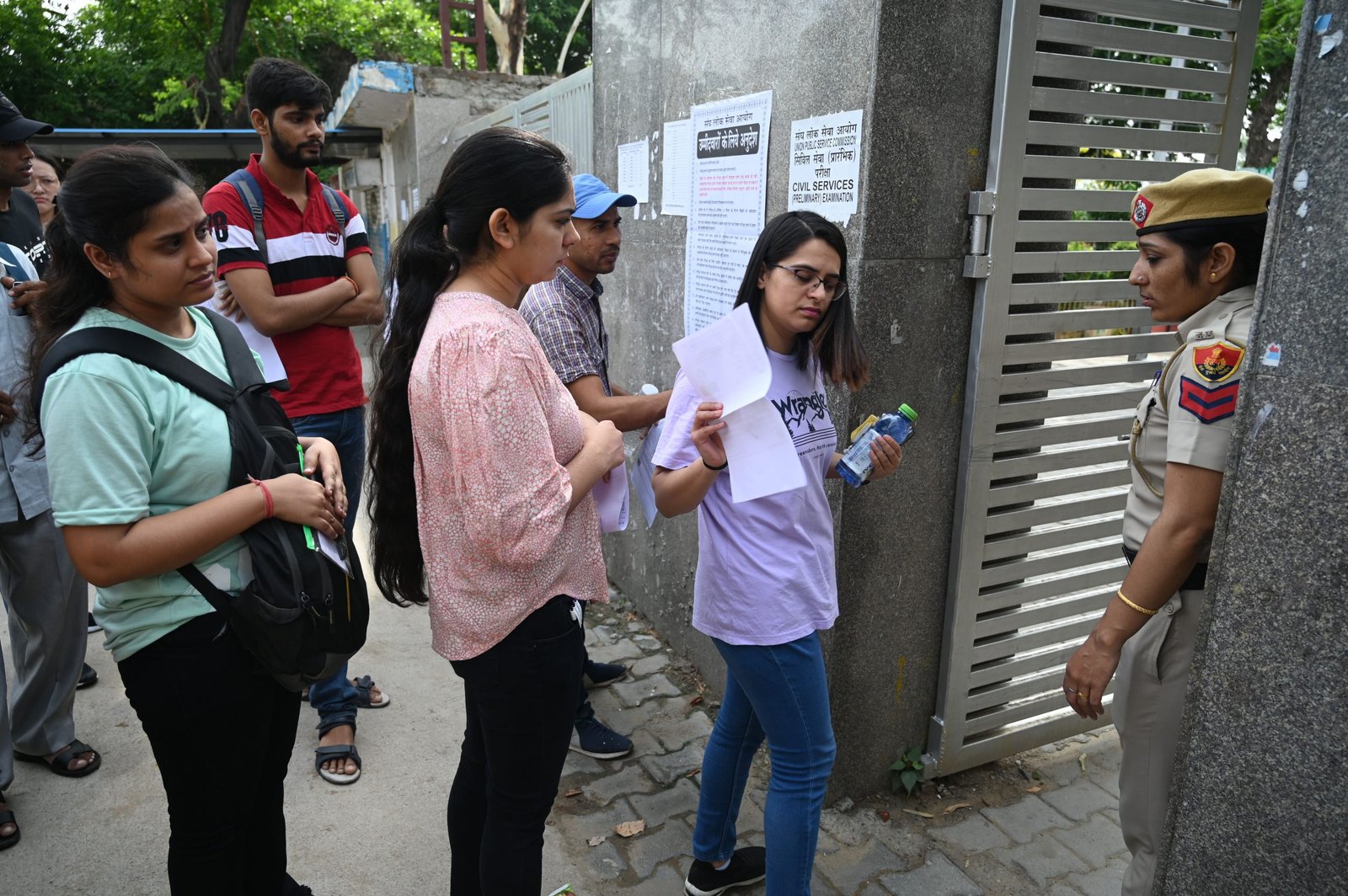The Court Case Between Amber Heard and Johnny Depp:
The ex-spouse Johnny Depp and Amber Heard’s defamation trial started in April 2022 after the actor sued his ex-wife over the actress’s 2018 accusation against him.
The trial has received remarkable media attention because of the well-known Hollywood actors involved, the intricate history, and the events leading up to the case. After a trial in the UK in 2020, this case was the second containing abuse charges related to Johnny Depp and Amber Heard’s relationship.
Contents Table of:
–Domestic violence played a part in Amber Heard’s defamation lawsuit.
In March 2019, Johnny Depp sued Amber Heard for $50 million in defamation over an essay the actress had written for the Washington Post. As a “public figure representing domestic abuse,” Amber Heard talked about how women are treated in sexual assault cases in the article. She did not specifically address her ex-husband Johnny Depp, but a few days after the piece was released, he was fired from his position in Disney’s Pirates of the Caribbean franchise. He argues that the piece hurt his acting career professionally.
Heard falsely “presented herself as the face of the Me Too movement — the virtuous representative of innocent women across the country,” according to Depp’s attorneys during the opening statement.
-Virginia Law Regarding Defamation Defamation in General Actual Malice and Negligence

The National Statistics Domestic abuse Fact Sheet states that one in four males and one in three women have been victims of domestic abuse, which includes pushing, shoving, and slapping.
One in seven women and one in twenty-five men have been the victims of abuse that ended in physical harm. When one or both spouses physically assault the other, a poisonous and potentially destructive situation is created. The annual toll of domestic abuse on women is above 4,000. Because victims of domestic abuse are frequently unwilling to testify against their abusers and will not tell the truth about how they were hurt, prosecutors frequently have difficulty pursuing these cases.Heard claimed that during their relationship, Johnny Depp frequently lost control of his anger and resorted to physical aggression. Heard’s attorneys
The police officer, who was called to the penthouse of Amber Heard and Johnny Depp following an altercation, stated in her testimony that she did not at the time recognize the actress as a victim of domestic abuse and that she did not observe any signs of criminal activity, such as broken glass or debris in the apartment. Johnny Depp refuted the claim and avoided criminal charges.
Although the couple battled frequently, he stated in his testimony that he “never did reach the point of striking Ms. Heard in any way nor have I ever struck any woman in my life.” Additionally, he disclosed that he was frequently physically abused by his ex-wife in his testimony in the defamation case trial against her. He said that he was
-Legal Recourse Against Defamation

The generic term for a legal suit involving harm to one’s reputation brought about by a false statement of fact is defamation, according to Virginia law. It covers both slander (spoken defamation) and libel (defamation in writing or fixed form). A defamation claim’s primary element is untruth.
Remarks that are true but damage someone else’s reputation won’t make you liable for defamation. According to Virginia law, a plaintiff must demonstrate the publication of an actionable statement with the necessary purpose in order to establish a defamation claim. The statement must be both false and defamatory in order for it to be actionable, meaning that it must “tend so to harm the reputation of another as to lower him in the estimation of society or to deter third persons from associating or dealing with such person.”
Virginia Jury Ruling

Virginia acknowledges that some remarks are defamatory in and of themselves. Because of how horrible these words are, they will always be regarded as defamatory and are presumed to damage the plaintiff’s reputation without any additional evidence to support that claim. A statement that accomplishes any of the following in Virginia constitutes defamation in and of itself:
charges the plaintiff with committing a crime involving moral turpitude, which, if proven true, could result in an indictment and punishment for the offending person;
suggests that the plaintiff has a communicable illness;
relates to the plaintiff’s incapacity to carry out the responsibilities of a profit-making position or job, or to their lack of integrity in carrying out such responsibilities, or damages the plaintiff in their
-The Appeal and Settlement of Amber Heard: The Professional Impact and Post-Trial Life

Defamation is one of those situations when having poor intent or state of mind is necessary in addition to a bad conduct to be held legally liable. It is not enough to hold someone accountable for publishing a false and defamatory comment. Rather, the publisher must have acted carelessly or recklessly in failing to ascertain the statement’s falsity, or else they would not have known that the statement was untrue, depending on the subject matter and the nature of the statement.
The US Supreme Court ruled in New York Times Co. v. Sullivan (1964) that remarks concerning public officials must adhere to a higher standard in order to preserve the First Amendment’s guarantees of free speech. The Sullivan case’s theory, which addressed public officials, was broadened
Conclusion
In the defamation trial, a resounding majority of the jury found in favor of Johnny Depp. In the end, Amber Heard was ordered to give Johnny Depp $10 million in compensatory damages and $5 million in punitive penalties. However, Amber Heard did not receive any punitive damages in her $2 million compensatory damages award.
Some Photos from The court :









